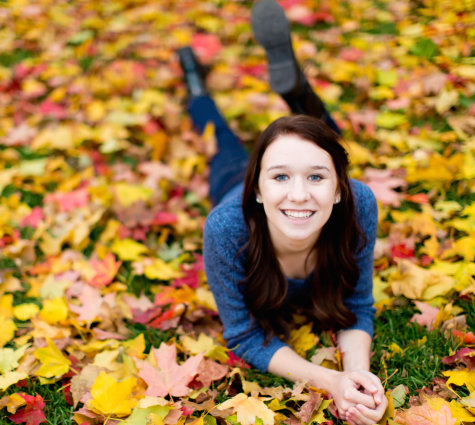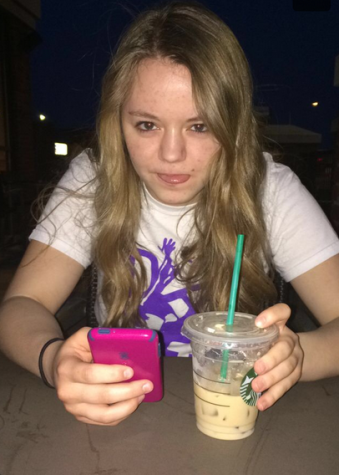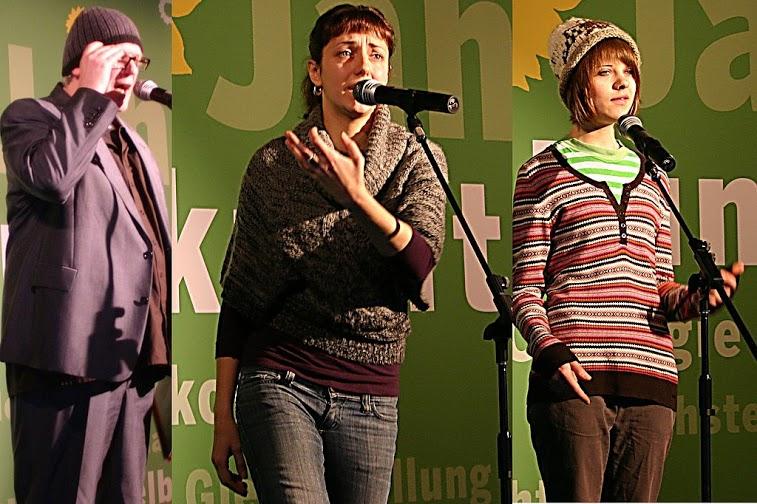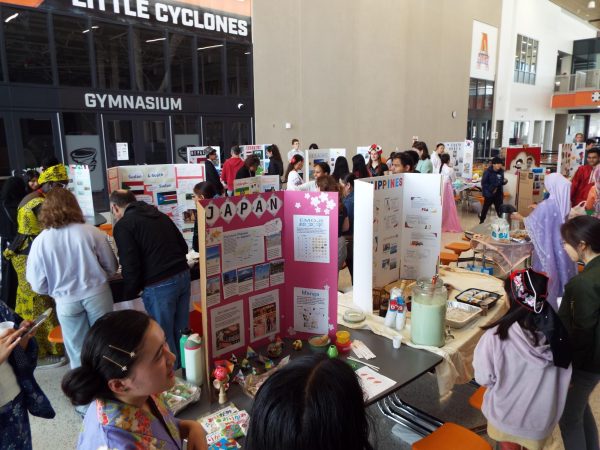Slam poetry: rebel child of traditional poetry
A young girl steps up to a microphone nearly as tall as she is, avoiding eye contact with the others in the room. She shuffles her feet, twists her fingers in her hair, and finally straightens up to meet the microphone. The room is buzzing with whispers and hushed voices. And then the girl speaks, and the rest of the world pauses to listen.
This is slam poetry. The poems aren’t the sunny creations one might hear recited during a school assignment; they’re usually dark, haunting, or even painful. Not only are they filled with emotion, but slam poetry topics usually revolve about things no one wants to talk about. Slam poetry is the rebel child of what poetry is believed to be. It’s exciting and controversial, bringing up issues that society tries to hide.
While delving into the world of Slam Poetry, Serena and Lauren made a Top Ten:
2. Pretty
3. Friend Zone
4. What Guys Look For In Girls
8. OCD
9. Warrior
10. Name
Slam poetry is also referred to as spoken word, but usually slam poetry refers to the competition, while spoken word refers to the type of poetry that’s being performed. “To This Day” is spoken word rather than slam poetry because it doesn’t take place during a competition. Slam poetry can be a very powerful thing. Slam poets teach their listeners to own their emotions, no matter how irrational they feel. The poets and poems also show the audience that they aren’t alone and that other people are experiencing similar struggles.
Most of the time when teachers tell students that they are going to be reading poetry, they groan and complain. They don’t know of the words that are hidden behind closed doors of structure and tradition. Slam poetry is not something that has been continually handed down and praised as a classic. It is not something children typically are taught in a classroom. As much as students like to express themselves, slam poetry is not carved into the curriculum, and perhaps it should be.
There isn’t anything wrong with is taught about poetry, but there is more to poetry than than reading what dead authors have left for us. Poetry is more than just rhyming and haikus. Poetry is about feeling and meaning, written for a purpose or simply to process difficult experiences. It’s meant to keep audiences of readers on the seats of their chairs waiting in anticipation of what the next line can possibly say. Ultimately, poetry wants to make the reader not only think, but to feel, and slam poetry is just another outlet in the circuit board.
Your donation will support the student journalists of Ames High School, and Iowa needs student journalists. Your contribution will allow us to cover our annual website hosting costs.

As her title would suggest, Opinion Editor Lauren Gentile has many opinions, some of them even worth listening to. Lauren enjoys winning Mario Kart battles,...

First things first, she’s the realest. The “realest” managing editor alongside the ever so fancy Shin. Serena “sweg” Paulson is all ‘bout dat...



























